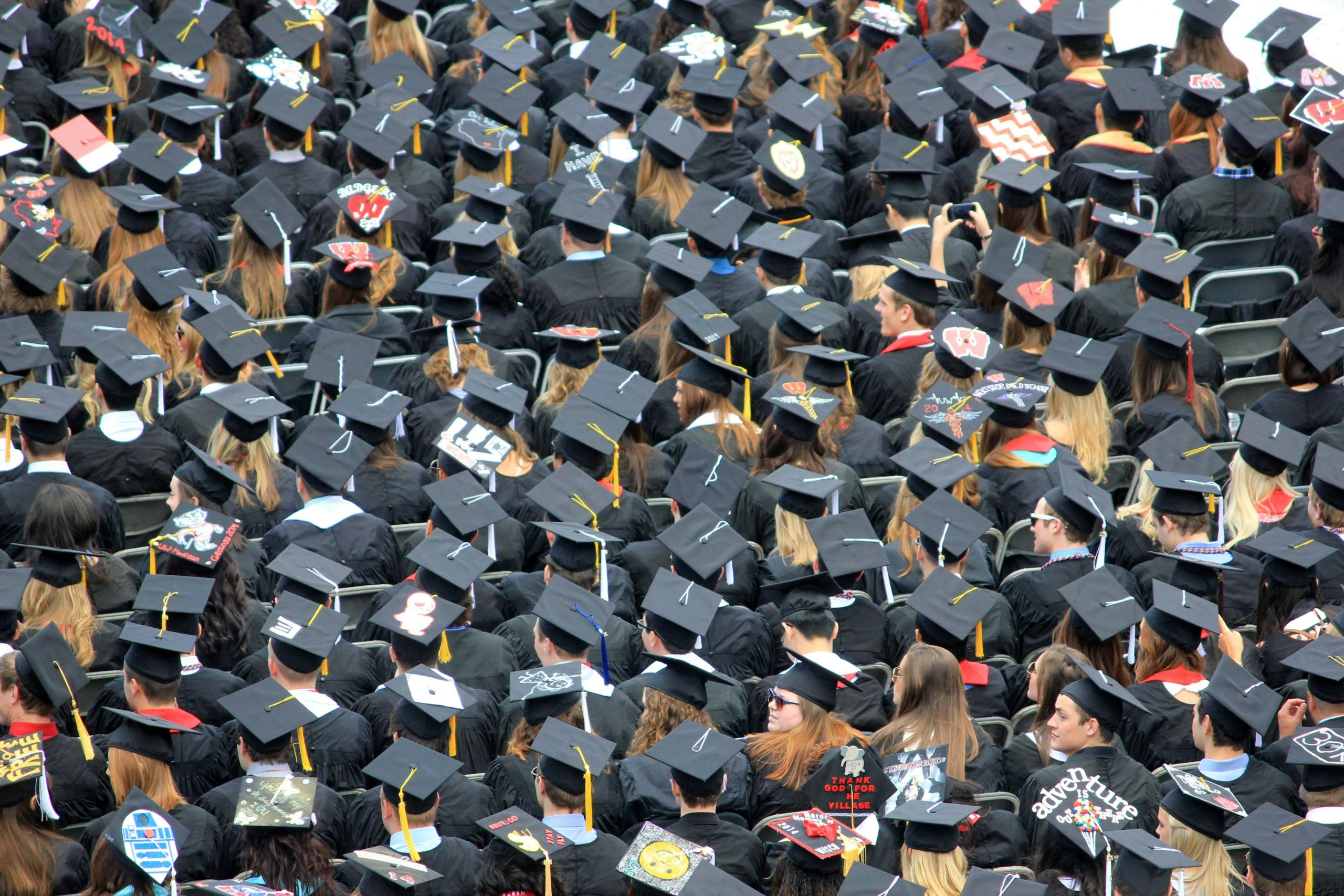Cuban Textbook Hacks: Preserving Education Through Economic Sanctions
In recent years, Cuba has faced numerous economic sanctions and embargoes. These measures have greatly impacted the country’s economy, politics, and society. However, one lesser-known area that has been affected by these sanctions is education. Despite facing limited resources and restricted access to materials, Cuban students and educators have come up with innovative solutions and “hacks” to preserve their education. In this article, we will explore the unique and creative ways Cuban students and educators have navigated through economic sanctions and continue to prioritize education in the face of adversity.
A History of Economic Sanctions in Cuba
Cuba has been under economic sanctions from the United States since the early 1960s, when relations between the two countries deteriorated during the Cold War. These measures were initially intended to weaken the Cuban government and force it to adopt a different political system. However, over the years, the sanctions have had wide-reaching effects on all aspects of Cuban society, including education.
The Impact on Education
Economic sanctions have severely limited access to educational resources in Cuba. Due to the trade embargo, the country has limited access to essential materials like textbooks, computers, and other educational tools. This has forced students and educators to be resourceful and find alternative ways to continue their education.
Cuban Textbook Hacks
Despite facing these challenges, Cuban students and educators have devised innovative methods to overcome the lack of educational resources. These “hacks” have allowed them to continue learning and teaching, despite the economic sanctions.
Repurposing Old Materials
Cuban educators have found ways to repurpose old materials and turn them into valuable resources for their students. For example, some teachers have been using outdated textbooks and simply crossing out irrelevant information or adding new updates to teach their students.
Shared Textbooks
In response to the limited availability of textbooks, students have turned to sharing their textbooks with classmates. This has allowed them to access a wider range of educational resources without having to individually purchase them.
Using Technology to Access Digital Materials
Despite the limited access to computers and the internet, some Cuban educators have found ways to utilize technology and access digital textbooks and resources. They have created offline digital libraries, using flash drives and external hard drives to share resources with their students.
The Benefits of Cuban Textbook Hacks
These “hacks” have not only allowed Cuban students and educators to continue their education despite economic sanctions, but they have also led to some unexpected benefits.
Promoting Resourcefulness and Creativity
The lack of resources has forced Cuban students and educators to think outside the box and come up with creative solutions to overcome the challenges they face. This has fostered a culture of resourcefulness and creativity, which are valuable skills that will benefit these individuals in their future endeavors.
Encouraging Community Collaboration
The sharing of resources, both among students and educators, has promoted a sense of community and collaboration in Cuban society. Students are working together to help each other learn, and educators are collaborating to share their knowledge and materials. This has helped build a strong sense of camaraderie and support within the education system.
Conclusion
Cuba’s education system has been greatly impacted by economic sanctions, but the resilience and determination of students and educators have allowed them to continue pursuing their education. Through their resourcefulness and creativity, they have found ways to navigate through these challenges and demonstrate the importance of education in the face of adversity. As the world continues to face economic turbulence, we can all learn from the Cuban textbook hacks and the valuable lessons they offer.






